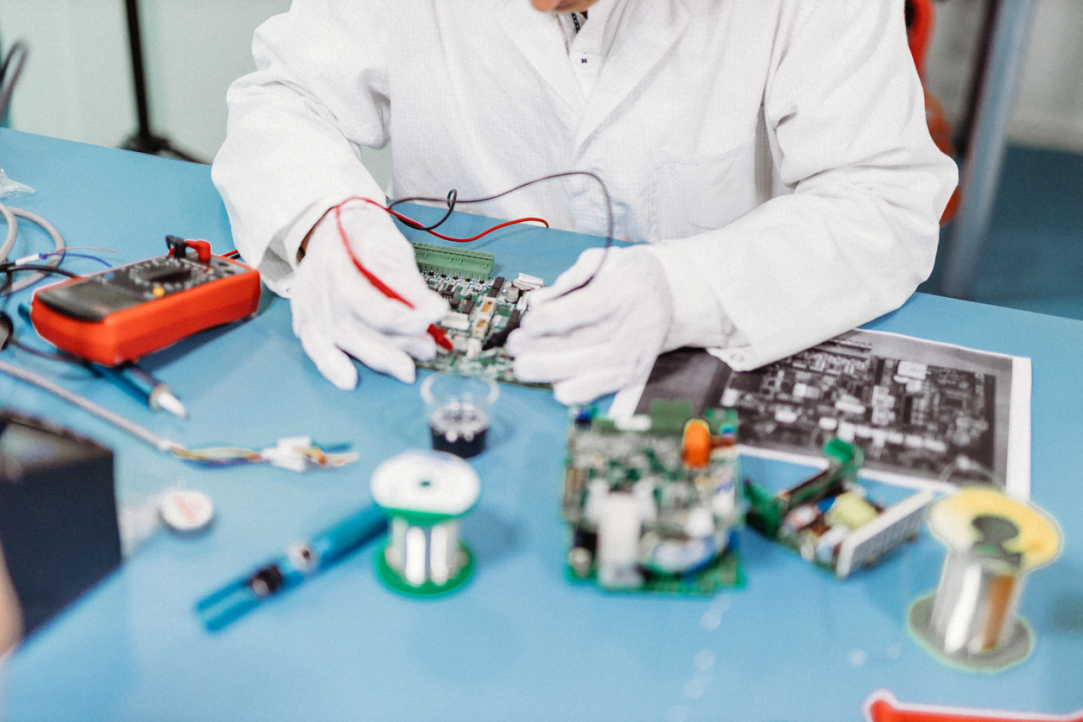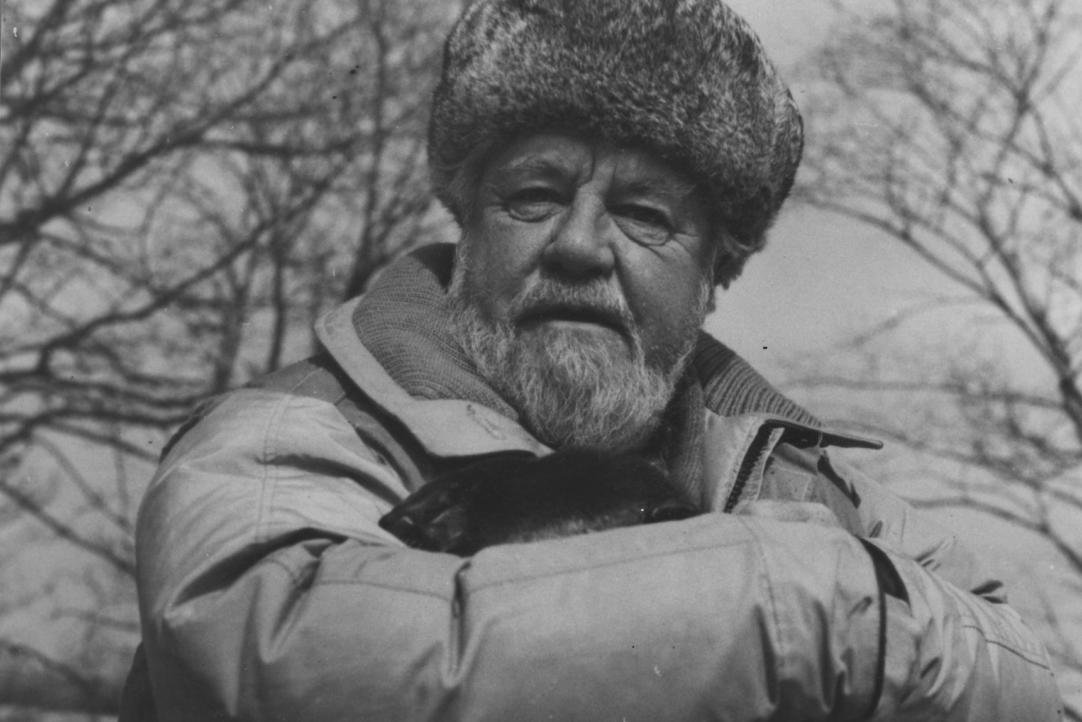
‘Our Strength Is in Our Interdisciplinarity, Both Methodologically and Practically’
What are the necessary digital competencies for students of humanities? Where can they apply their knowledge and skills? What projects in digital humanities are currently underway at HSE University Perm? Dinara Gagarina, HSE University-Perm scholar and the national representative of Digital Humanities Course Registry, answers these and other questions in her interview with the HSE Look.

About Half of Russian Employees Consider Themselves Overqualified
About half of all Russian employees consider themselves overqualified for their current job. This perception affects their level of job satisfaction and leads them on a search for more suitable employment.
From Neurobiology to a Collider: HSE Researchers Present their Discoveries at ZIL.Nauka Festival
Which brain lobes should we stimulate to improve our short-term memory? What is ‘warm radiation’ and why it is so important that people help each other? Which manufacturing systems will artificial intelligence master the fastest? Scholars from HSE University offered their scientific opinions on all these and more at the ZIL.Nauka festival.

Chemists Suggest Using Polymeric Ionic Liquids in Supercapacitors
A team of researchers from HSE MIEM joined colleagues from the Institute of Non-Classical Chemistry in Leipzig to develop a theoretical model of a polymeric ionic liquid on a charged conductive electrode. They used approaches from polymer physics and theoretical electrochemistry to demonstrate the difference in the behaviour of electrical differential capacitance of polymeric and ordinary ionic liquids for the first time. The results of the study were published in Physical Chemistry Chemical Physics.

'Durrell in Russia' Published in Russian for the First Time
Durrell in Russia, a book written by renowned writer and zoologist Gerald Durrell and his wife Lee after their 1984–1985 journey across the Soviet Union, has been published in Russian for the first time. The publication was initiated and coordinated by Asya Veksler, Associate Professor at the HSE School of Integrated Communications.

A Paucity of Publishing: Why University Professors Find It Difficult to Do Very Much Research
There are usually three main parts to working at a university: teaching, research, and administrative tasks. However, professors at Russian universities are still mostly occupied with the demands of a very heavy teaching load. As HSE International Laboratory for Institutional Analysis of Economic Reforms Senior Researcher Ilya Prakhov discovered, even at leading universities with a focus on science, professors spend 2.5 times more time on classroom work than on research. Given this situation, is it possible to advance research at universities?

Researchers Teach Algorithm to Predict Success in Effortful Tasks
Researchers from HSE University and Skolkovo Institute of Science and Technology have developed machine learning models that can predict success in visual tasks of mental attention using reaction time and eye movement. The paper ‘A machine learning investigation of factors that contribute to predicting cognitive performance: Difficulty level, reaction time and eye-movements’ was published in Decision Support Systems.

HSE University Project Wins Russian-Indian Grant by RSF
The research community gave a highly positive assessment of a joint application by researchers from HSE University and their Indian colleagues in affine algebraic geometry, particularly the problems of cancellation. The head of the project on the Russian side is HSE FCS Dean Ivan Arzhantsev; on the Indian side, the project is led by renowned mathematician Neena Gupta.

Sustainability, Quality Innovation Culture, and Transition Economies Research at HSE University
Professor Dirk Meissner is Distinguished Professor, the Head of HSE ISSEK’s Laboratory for Economics of Innovation and the Academic Supervisor of the Master’s Programme in Governance of Science, Technology and Innovation. In this interview, he talks about the laboratory’s staff, upcoming research and conferences, and how the culture at ISSEK inspires creativity.

Stress Disorders More Prevalent among Doctors due to the Pandemic
Psychologists from HSE University have joined their peers from Ekaterinburg to look into the impact of the pandemic on the mental health of Russian doctors. They found that medical staff are suffering from stress, anxiety, and depression more often than before. The results of the study were published in International Journal of Environmental Research and Public Health.


Submissions are open until October 13